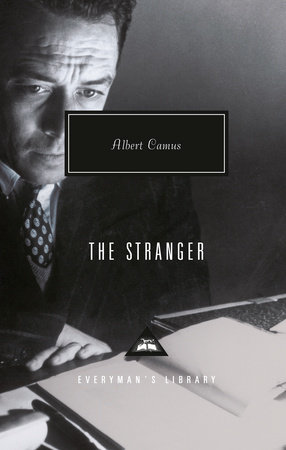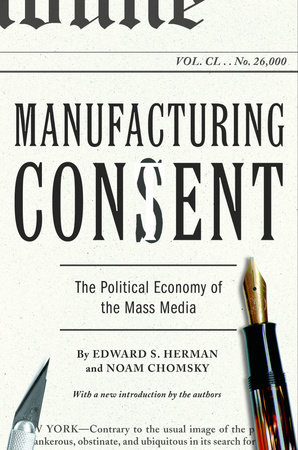The masterpiece of Nobel Prize winner Albert Camus now in a striking American English translation. The Stranger remains vital for its unsettling insights into the impossibility of moral certainty in the face of violence.
“Matthew Ward has done Camus and us a great service. The Stranger is now a different and better novel for its American readers; it is now our classic as well as France’s.”—Chicago Sun-Times
Since it was first published in English, in 1946, Albert Camus’s first novel, The Stranger (L’etranger), has had a profound impact on millions of American readers. Through this story of an ordinary man who unwittingly gets drawn into a senseless murder on a sundrenched Algerian beach, Camus explored what he termed “the nakedness of man faced with the absurd.”
Now, in this illuminating translation, extraordinary for its exactitude and clarity, the original intent of The Stranger is made more immediate. This haunting novel has been given a new life for generations to come.


























